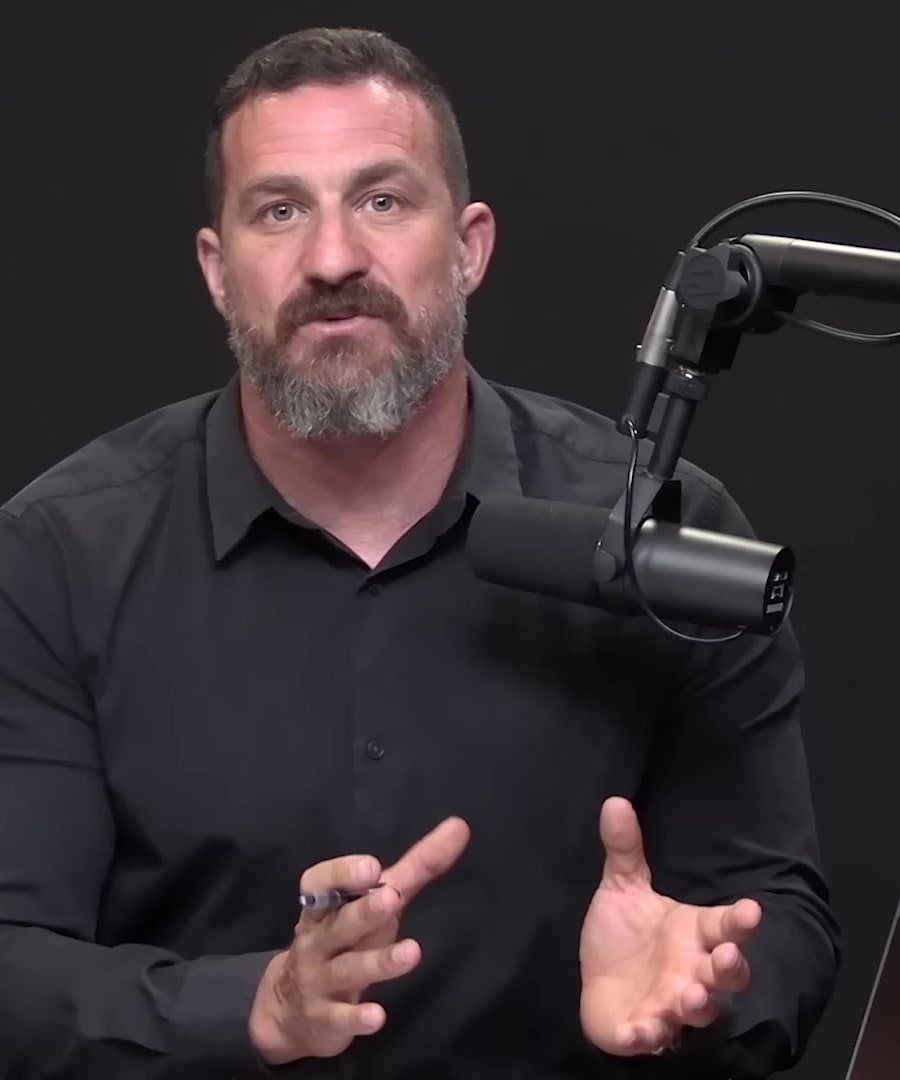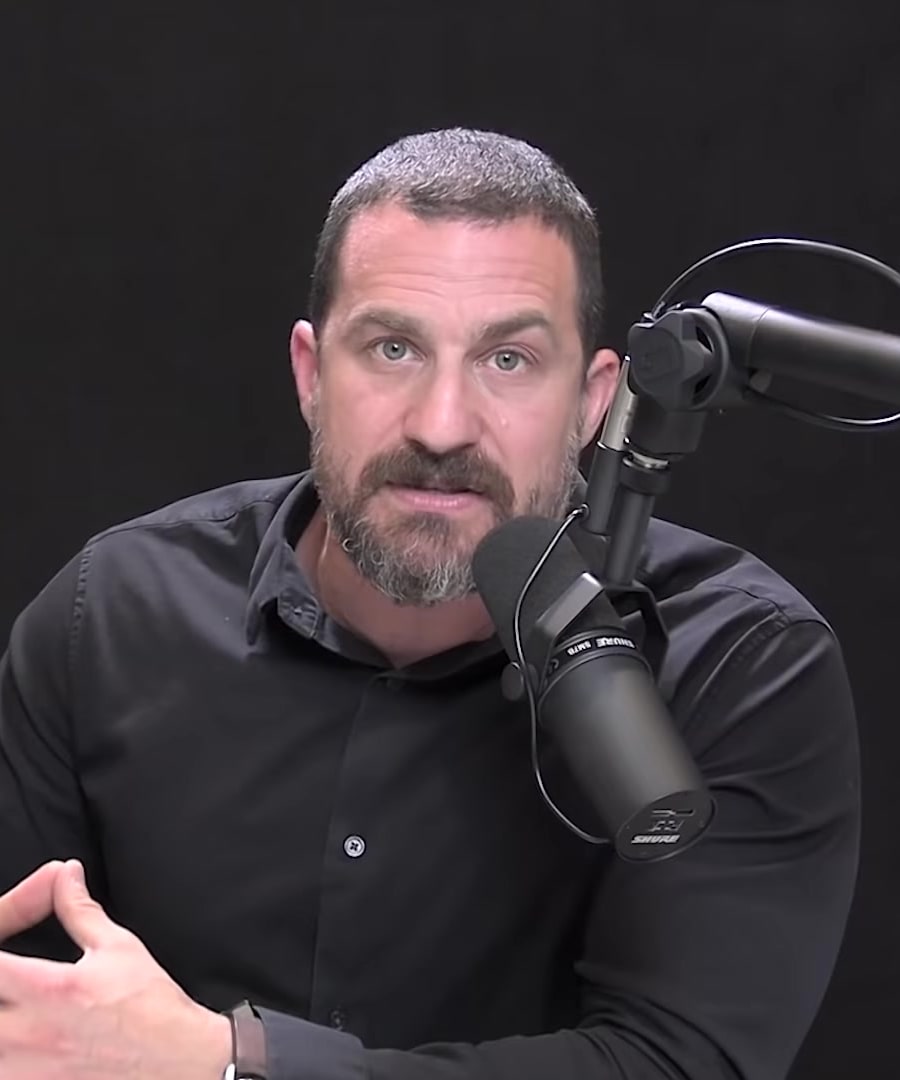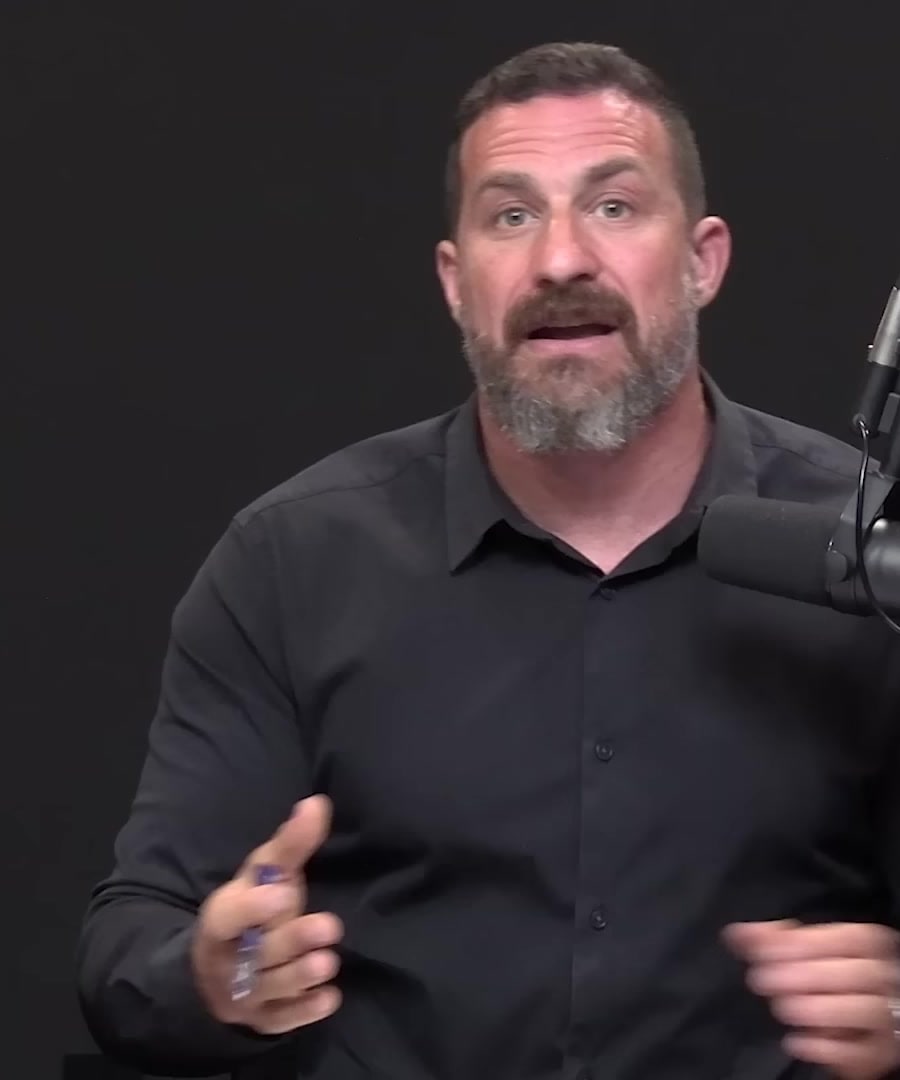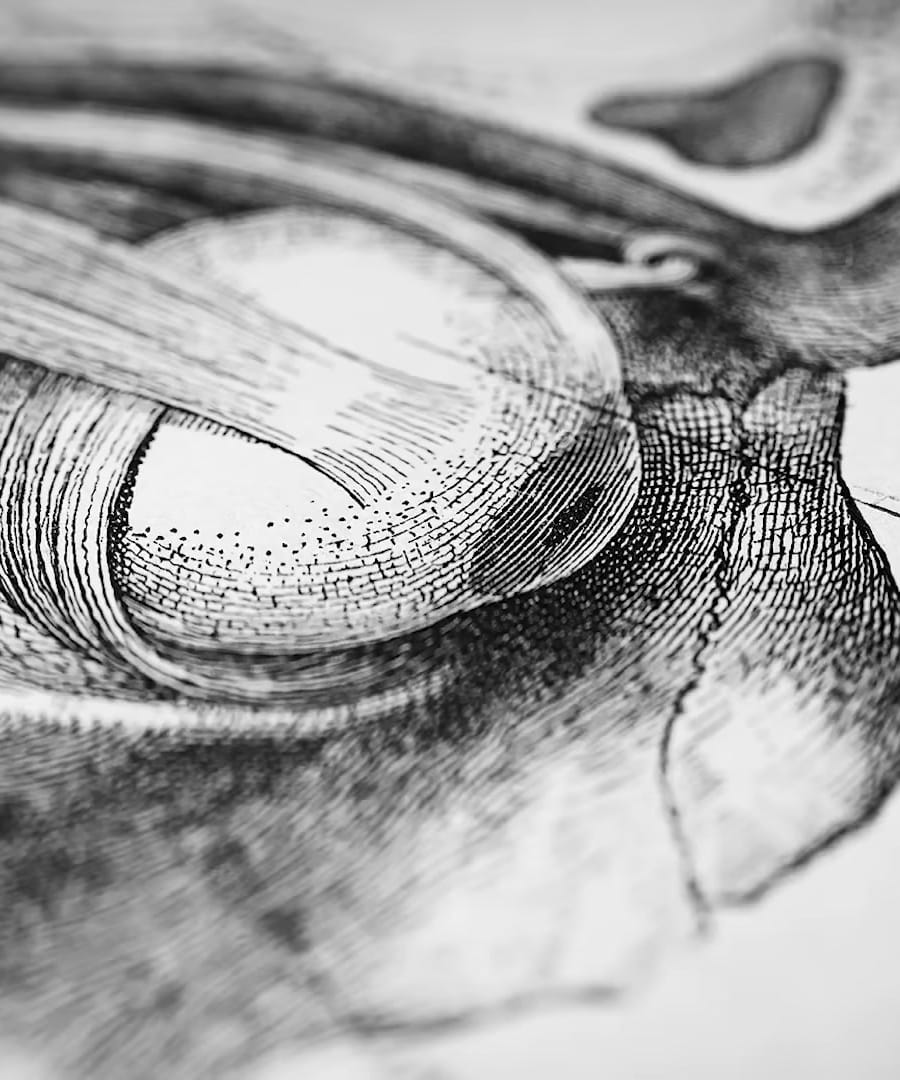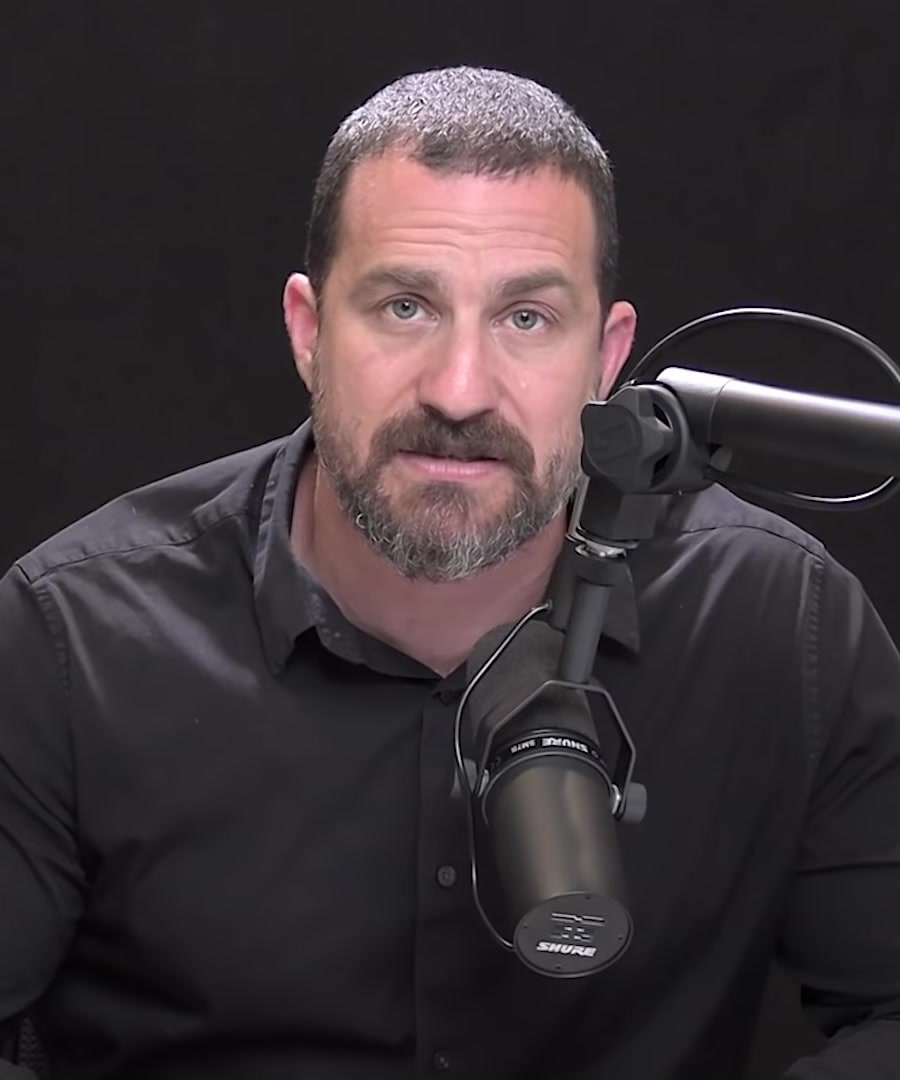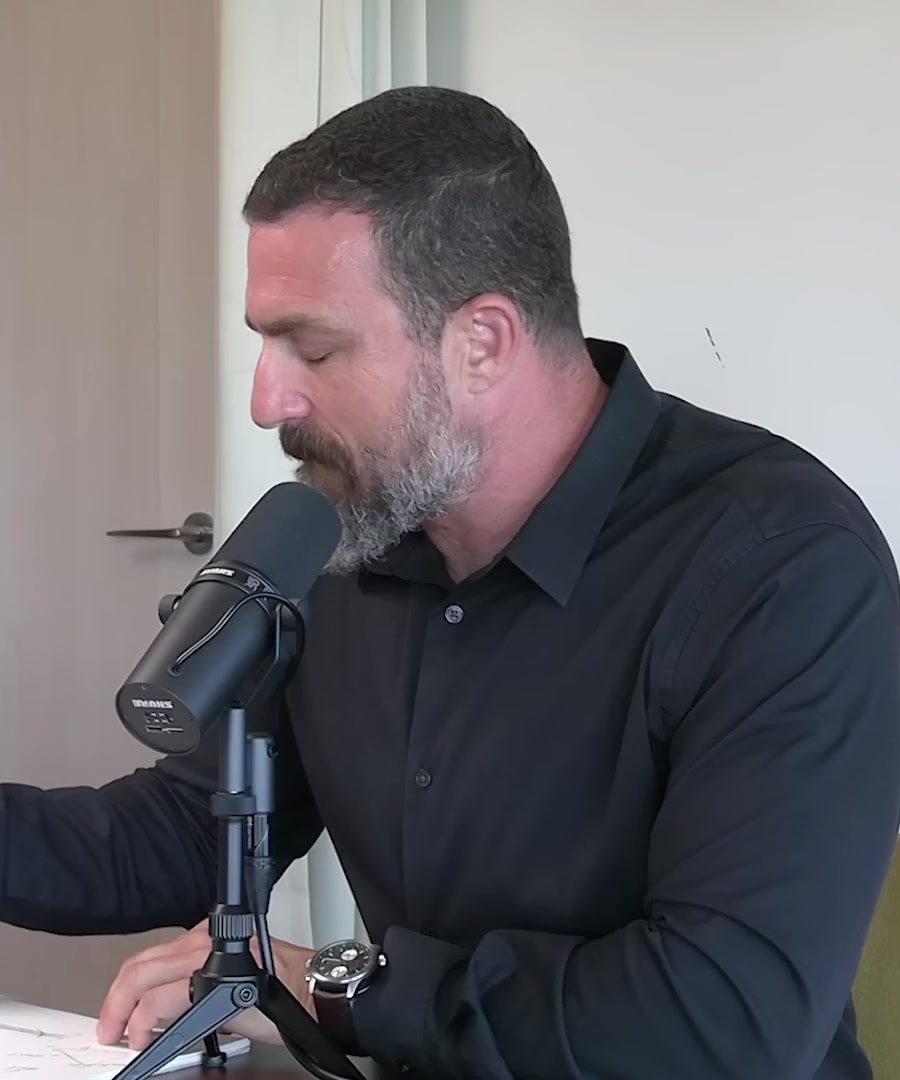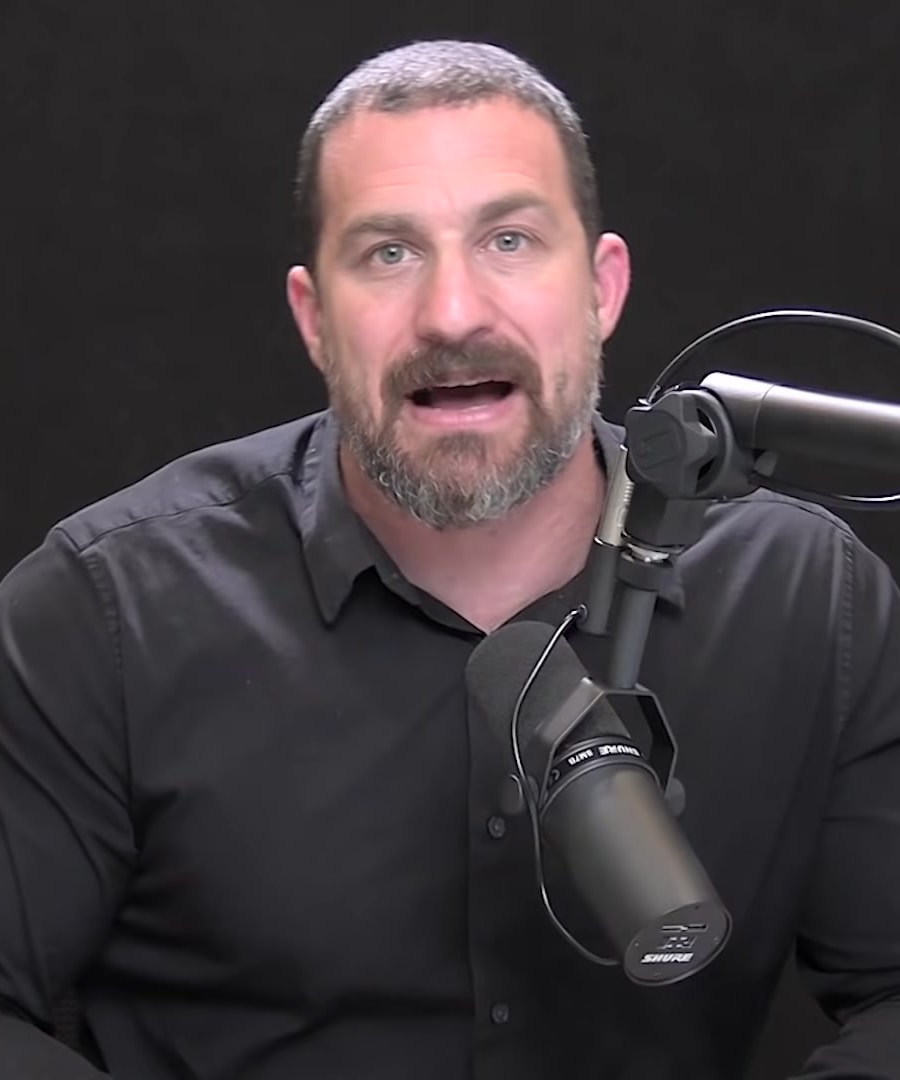Summary for depression and treatments
Sources:
Depression is a complex mental health condition that can be significantly debilitating. The traditional understanding of depression involved the monoamine hypothesis, which suggested that deficiencies in neurotransmitters like serotonin, dopamine, and norepinephrine contribute to depressive symptoms. However, treatments based on this hypothesis, such as SSRIs and tricyclic antidepressants, only help about 40% of those treated and often come with significant side effects like changes in libido, sleep, or appetite 1 2.
Recent advancements have expanded treatment options beyond traditional antidepressants. Ketamine has emerged as a rapid and effective treatment, particularly for those who do not respond to other treatments, providing relief potentially within the same day of administration. Notably, ketamine's effects are linked to its ability to increase the release of BDNF (Brain-Derived Neurotrophic Factor), crucial for neuroplasticity and mood improvement 3 4.
Furthermore, the severity of depression, particularly in emergency or severe cases, has led to explorations into other innovative treatments like Transcranial Magnetic Stimulation (TMS) and psychedelics (e.g., psilocybin, MDMA). These treatments focus on rewiring brain circuits and have shown promise in clinical settings 5 6 7.
In summary, while traditional antidepressants provide relief for some, the emergence of treatments utilizing ketamine, psychedelics, and neurostimulation represents a shift towards more rapid and potentially more effective interventions for severe and treatment-resistant depression.
RELATED QUESTIONSExplore different depression treatment options
Sources:
Exploring various treatment options for depression, it's clear that different approaches target different aspects of the condition based on individual needs and responses. Here's an overview of some notable treatments discussed in the Huberman Lab Podcast:
-
Ketamine: Known for its rapid relief effects, ketamine can reduce depression and feelings of helplessness significantly faster than traditional antidepressants. It's particularly useful for individuals who haven't responded to other treatments. While effective, ketamine does produce dissociative effects which are believed to be part of its therapeutic action 1.
-
Psychedelics (Psilocybin & MDMA): Another approach involves the use of psychedelics like psilocybin, which affects serotonin receptors, helping to rewire neural circuits associated with depression. MDMA is another substance discussed for its potential to evoke an engaged emotional state which could aid in easing depression's symptoms 2 3.
-
Transcranial Magnetic Stimulation (TMS): TMS uses magnetic fields to modulate neural activity in specific brain circuits, proving beneficial in reducing depressive episodes. Non-invasive and increasingly available, caution is recommended when seeking treatment from commercial clinics 4.
-
Traditional Pharmacotherapy: The monoamine hypothesis has historically guided the use of SSRIs and other pharmacotherapies targeting serotonin, dopamine, or norepinephrine levels. While effective for some, these options often come with side effects and don’t work for a significant portion of users 5.
-
Dietary Approaches: Nutrition also plays a role in managing depression, with certain diets (e.g., ketogenic) discussed for their potential to maintain emotional equilibrium and improve depressive symptoms 6.
These treatments reflect a spectrum of methodologies from pharmaceuticals to nutritional and cutting-edge therapies involving neurostimulation and psychedelics, catering to the diverse needs of individuals with depression.
RELATED QUESTIONS-
Summary for depression and treatments
- RELATED QUESTIONS
Explore different depression treatment options
- RELATED QUESTIONS
